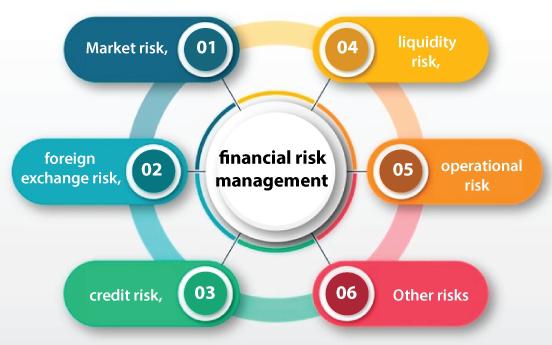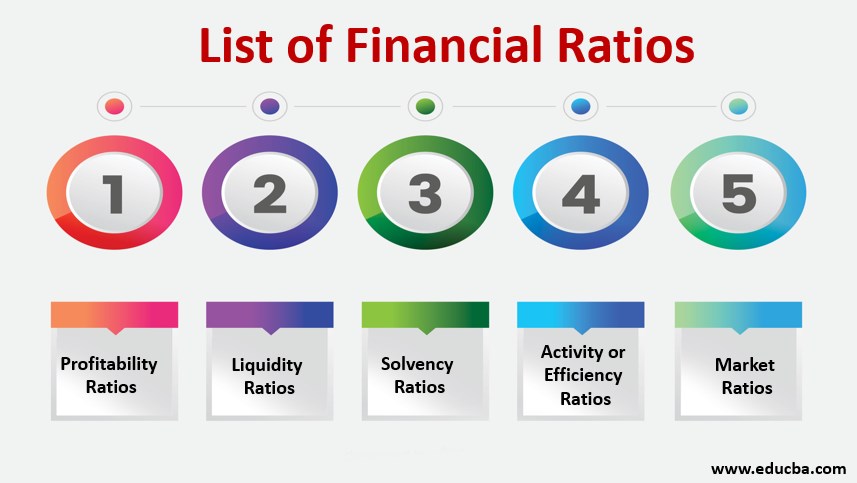Financial risk is the possibility of losing money on an investment or business venture. It is an inherent part of any financial activity, and it can be caused by a variety of factors, such as changes in market prices, interest rates, or economic conditions.
There are many different types of financial risks, each with its own unique characteristics. Some of the most common types of financial risks include:
- Credit risk: This is the risk that a borrower will default on their loan. Credit risk is often associated with lending activities, such as issuing mortgages or credit cards.
- Market risk: This is the risk that the value of an asset will decline due to changes in market prices. Market risk can affect a wide variety of assets, including stocks, bonds, and commodities.
- Liquidity risk: This is the risk that an asset cannot be sold quickly or easily at a fair price. Liquidity risk can be a problem for assets that are illiquid, such as real estate or private equity.
- Operational risk: This is the risk of losses due to human error, system failures, or natural disasters. Operational risk can affect any type of organization, regardless of its size or industry.
The amount of financial risk that an individual or organization is willing to take will vary depending on their risk tolerance. Risk tolerance is a measure of how much risk an individual or organization is comfortable with. People with a high-risk tolerance are more likely to take on risky investments, while people with a low-risk tolerance are more likely to invest in safe assets.
It is important to understand the different types of financial risks and how they can affect your finances. By understanding the risks, you can make informed decisions about your investments and financial planning.
Here are some tips for managing financial risk:
- Diversify your investments: This will help to reduce your overall risk by spreading your money across different asset classes.
- Rebalance your portfolio regularly: This will ensure that your investments are still aligned with your risk tolerance and goals.
- Use risk management tools: There are a number of risk management tools available, such as insurance and hedging, that can help to protect you from financial losses.
- Stay informed about the markets: The more you know about the financial markets, the better equipped you will be to make informed investment decisions.
- Don’t panic: When the markets are volatile, it is important to stay calm and not make any rash decisions. Remember that short-term losses are often followed by long-term gains.
By following these tips, you can help to manage the financial risks that you face and protect your financial future.
In addition to the tips above, there are a number of other things that you can do to manage financial risk. These include:
- Build up an emergency fund: This will give you a financial cushion to fall back on in case of unexpected expenses.
- Get out of debt: Debt can be a major source of financial risk. If you are in debt, focus on paying it off as quickly as possible.
- Live within your means: This means spending less money than you earn. This will help to reduce your financial stress and make it easier to manage your risk.
- Get professional advice: If you are unsure about how to manage your financial risk, it is a good idea to speak to a financial advisor. They can help you to create a risk management plan that is tailored to your individual needs.
By taking steps to manage financial risk, you can protect your financial future and give yourself peace of mind.








